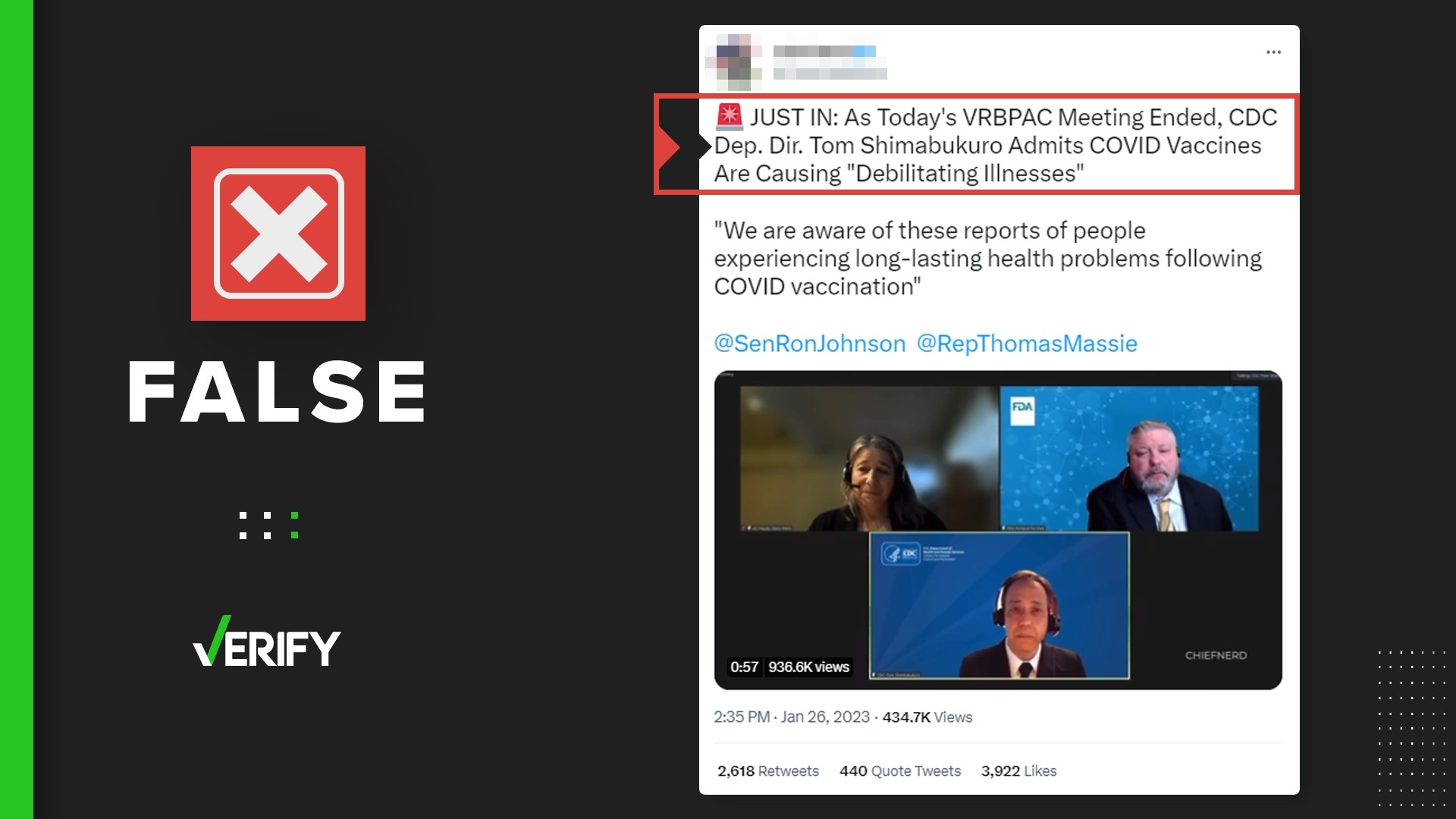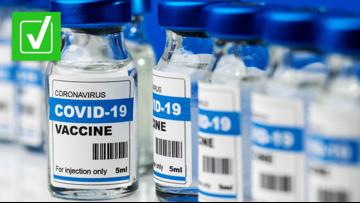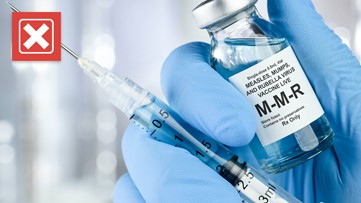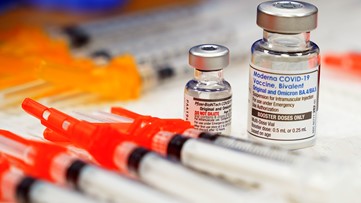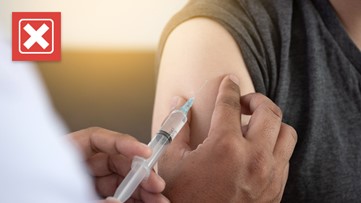A video clip claiming to show a CDC executive admitting the COVID-19 vaccine causes debilitating illnesses has gone viral online.
The video clip comes from the Jan. 26 Vaccines and Related Biological Products Advisory Committee (VRBPAC) meeting on vaccine safety. VRBPAC meets annually to review and evaluate data concerning the safety, effectiveness, and appropriate use of vaccines and related biological products that the Food and Drug Administration regulates.
One tweet with the video clip says: “JUST IN: As Today's VRBPAC Meeting Ended, CDC Dep. Dir. Tom Shimabukuro Admits COVID Vaccines Are Causing ‘Debilitating Illnesses.’”
In the video clip, Shimabukuro says, “We are aware of these reports of people experiencing long-lasting health problems following COVID vaccination." The video clip has more than 930,000 views and has also been shared on Instagram and TikTok.
THE QUESTION
Did CDC vaccine safety director Tom Shimabukuro admit COVID-19 vaccines cause debilitating illnesses?
THE SOURCES
THE ANSWER
No, Shimabukuro didn’t say the COVID-19 vaccine causes debilitating illnesses, as a viral clip claims. He was talking about anecdotal reports of illnesses submitted to a CDC database, not illnesses proven to be caused by the vaccine.
WHAT WE FOUND
Tom Shimabukuro, MD, is the director of the CDC’s Immunization Safety Office. During the Jan. 26 meeting, he did use the phrase “debilitating illnesses” – but he wasn’t saying such illnesses are a confirmed side effect of COVID-19 vaccines.
The comment that is being taken out of context was about reports of illnesses that can be submitted by anyone, without evidence, that are tracked through the CDC’s Vaccine Adverse Event Reporting System (VAERS). The database is used for recording possible vaccine side effects.
The VAERS website says any report submitted to the database is “not documentation that a vaccine caused the event.”
A disclaimer on the VAERS website warns submissions “may include incomplete, inaccurate, coincidental and unverified information.”
In an email to VERIFY, the CDC said the agency is aware of some reports of long-term illnesses that have been submitted to VAERS after immunization, but those accounts are “variable and no specific medical cause for symptoms has been found.”
“Currently, there are no epidemiologic [scientific] data from safety monitoring to suggest that COVID-19 vaccines are causing these types of health problems,” the CDC told VERIFY.
During the meeting, Shimabukuro said the same thing when he was describing what VAERS does and how the database accepts data from anyone after committee member Hayley Gans, MD, asked him how the CDC has been tracking vaccine effects to date.
His full answer about the VAERS system can be read here, in italics:
“That is a spontaneous reporting system and anyone can report – a patient, a parent, a healthcare provider. And we accept all those reports without judging the clinical seriousness or how plausible the adverse event may be with respect to causation.
So we do have other systems to monitor outcomes beyond the rapid cycle analysis outcomes that were presented earlier today. At CDC we also have a group called the Clinical Immunization Safety Assessment Project which does detailed clinical case consultations at the request of healthcare providers.
[Viral clip starts here.]
So we take vaccine safety very seriously.
With respect to reports of people experiencing debilitating illnesses, we are aware of these reports of people experiencing long-lasting health problems regarding COVID vaccination. In some cases, the clinical presentation of people suffering these health problems is variable. And no specific medical cause for the symptoms have been found.
We understand that illness is disruptive and stressful, especially under those circumstances. And we acknowledge these health problems have substantially impacted the quality of life for people. And have also affected those around them. And we hope for improvement and recovery. And we will continue to monitor the safety of those vaccines and work with partners to better understand these types of adverse events.”
[Viral clip ends here.]
These comments about VAERS were part of a broader discussion about ways the FDA could simplify how the COVID-19 vaccines are administered, and if the immunization schedule and dosage should be changed for certain high-risk people.
The World Health Organization says there are strict precautions in place to help ensure the safety of all COVID-19 vaccines. Like any vaccine, COVID-19 vaccines can cause side effects, most of which are mild or moderate and go away within a few days on their own.
“Experiencing side effects after getting vaccinated means the vaccine is working and your immune system is responding as it should. Vaccines are safe, and getting vaccinated will help protect you against COVID-19,” the WHO says.
According to the CDC, as of Jan. 30, no change is recommended in COVID-19 vaccination practice.
